Introduction
With the rapid development of the knowledge economy, cultivating interdisciplinary talents who can solve complicate problems has become the key for the world competitiveness, so STEM education and maker education have become one of the important cores of educational innovation in every country. Among the subjects covered by STEM education, science is way to understand the natural environment, technology is the application of scientific knowledge to improve our lives, engineering provides solutions for practical problems, and mathematics is the core among these fields. STEM Education focuses on enabling students to develop concepts and skills in all these subject areas through participation to solve these cross-field problems in real-world, therefore helping them to build their competencies, literacy and attitudes, and encouraging them to pursue STEM related careers in the future. The maker education is closely related to the learning of "STEM education", which the "maker education" emphasizes problem-based and topic-based learning, encourages learners to practice, cooperative learning and solve real problems, and the spirit of maker education is gradually implemented by the promotion of "STEM education" in every country. The application of innovative technology in maker education and STEM education is also a hot topic discussed by maker education and STEM education by scholars and teachers in recent years, and how to combine pedagogy and affordance of science and technology is the core issue of this research field, which deserves more relevant research and teaching practice investment. This sub-conference focuses on the theory, research and practice of STEM education and maker education, and looks forward to building a high-quality communication and sharing platform for researchers and practitioners in related fields of Chinese people.
Paper Submission Topics (including but not limited to the following)
1. Literature review of STEM education and maker education
2. Curriculum and instructional design for STEM education and maker education
3. Learning assessment for STEM education and maker education
4. Teaching of STEM education and maker education
5. Learning of STEM education and maker education
6. Teaching materials and teaching aids in STEM education and maker education
7. Key competencies and literacy in STEM education and maker education
8. Technology assists by STEM education and maker education
9. Teacher professional development of STEM education and maker education
10. Other issues related to STEM education and maker education
Paper Submission
Full manuscripts shall be submitted to the conference for review. Abstract submissions will NOT be accepted. This conference uses double-blind review,
which means that both the reviewer and author identities are concealed from the reviewers, and vice versa, throughout the review process. Please kindly
note that when authors submit papers for review, the authors’ information has to be blinded in the title, the contents, and the reference part. After
the paper is being accepted, the author information will be displayed in the final version of the submitted paper.
1.Authors should only prepare submissions in Chinese (Long paper: 8 pages; Short paper: 4 pages; Poster: 2 pages). Submissions written in Chinese
should include the title, abstract and keywords written in both Chinese and English.
2.Authors should make submissions by uploading papers onto the Submission System of the conference
https://easychair.org/conferences/?conf=gccce2025
3.Authors should submit papers with PDF format. Please make use of the paper template for preparing submissions.
4. Please pay attention to all English papers, regardless of topic, please submit to English Paper Track。
5. At least one author is required to register and present for publication once a paper is accepted.
C8 Program Committee
Executive Chair
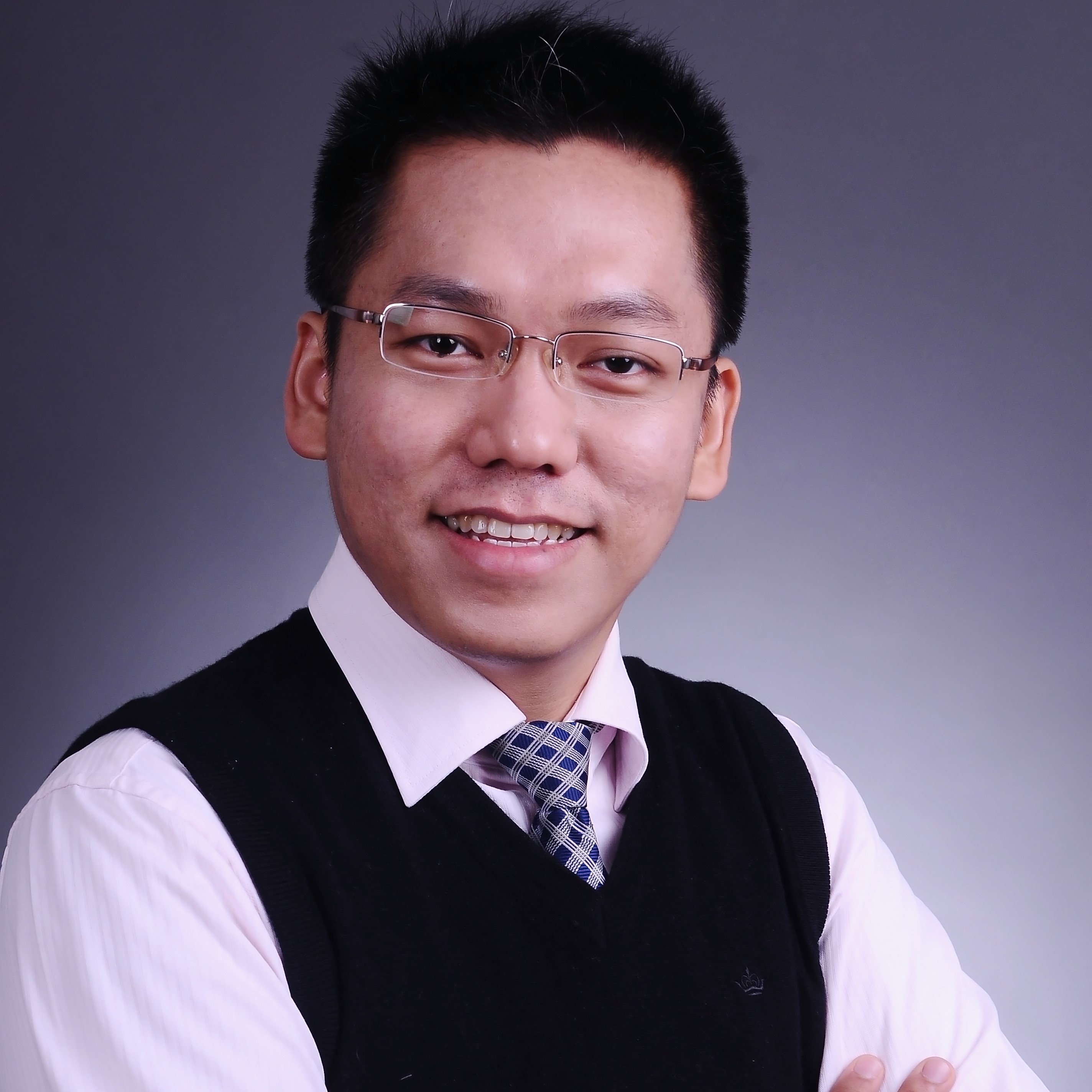
CHIANG Feng-Kuang
Shanghai Jiao Tong University(Mainland China)
Co-Chairs
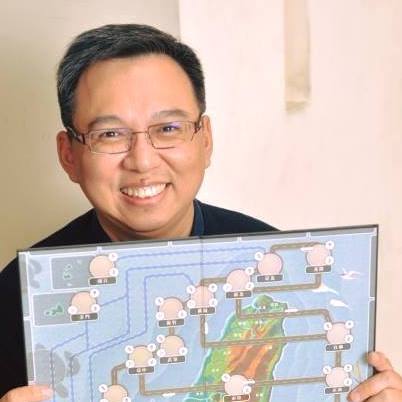
HOU Huei-Tse
Taiwan University of Science and Technology(Taiwan)
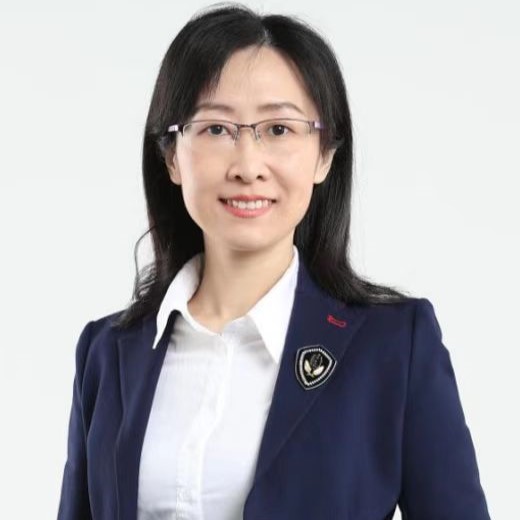
Zhan Zehui
South China Normal University(Mainland China)
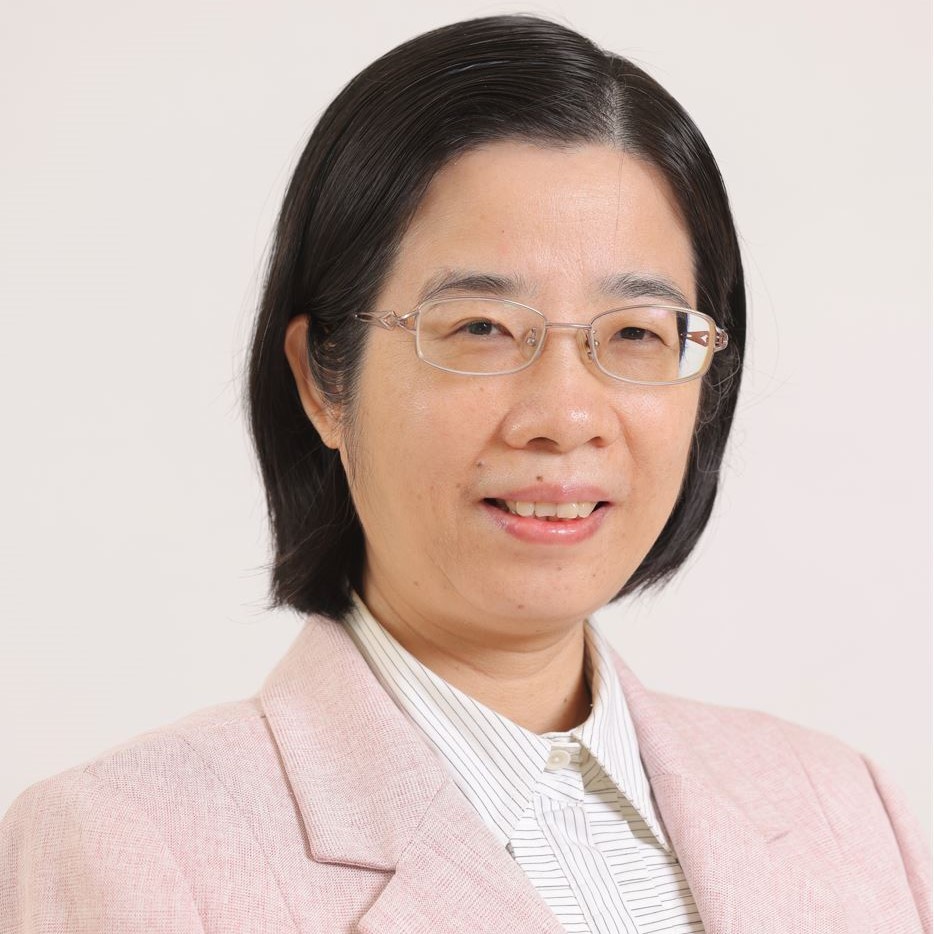
WANG Minhong
Hong Kong University(Hong Kong)
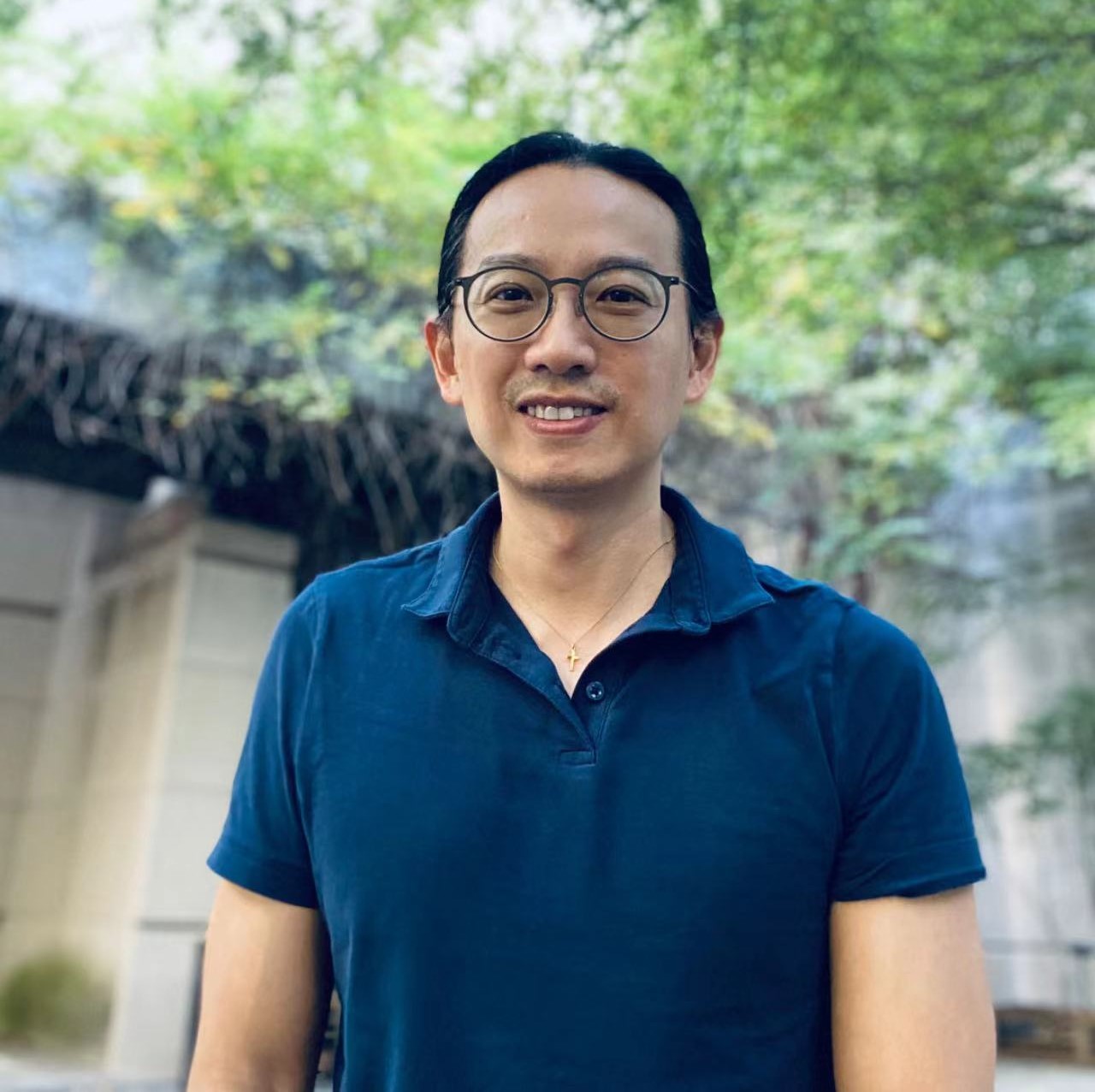
CHEN Ying-Chih
Arizona State University(United States)
Program Committee Members
Chen Yu Chi, Yuan Ze University
Yang Shu Ching, Taiwan Sun Yat-sen University
DAI Hai Min, Shanghai Jiao Tong University
Leng Chuntao, Shanghai Jiao Tong University
Zhu Jiabin, Shanghai Jiao Tong University
Yu Tianzuo, Shanghai Jiao Tong University
Chu Chih-Ming, Yilan Commercial Vocational Senior High School
Tang Tzuchen, Taiwan University of Science and Technology
Wu Yufeng, Chung Yuan Christian University
Wu Zhenhua, Shanghai Normal University
Tu Yao Jen, Shanghai Normal University
Bao Xianqing, Shanghai Normal University
Yu Wenhao, Shanghai Normal University
Zhao Huichen, Henan University
Li Cheng-Tai, Taiwan University of Science and Technology
Cai Su, Beijing Normal University
Wang Shumin, Chinese Culture University
Wu Pengze, South China Normal University
Peng Jun, City University of Macau
Zhang Qi, Huaibei Normal University
Li Shan, Lehigh University
Zheng juan, Lehigh University
Shih Chun Chao, Taiwan Chi Nan University
Lin Weijane, Taiwan University
HU Dongpin, The Education University of Hong Kong
Fu Jingyuan, The University of Hong Kong
Liu Yuhan, The University of Hong Kong

CHIANG Feng-Kuang
Shanghai Jiao Tong University(Mainland China)

HOU Huei-Tse
Taiwan University of Science and Technology(Taiwan)

Zhan Zehui
South China Normal University(Mainland China)

WANG Minhong
Hong Kong University(Hong Kong)

CHEN Ying-Chih
Arizona State University(United States)
Chen Yu Chi, Yuan Ze University
Yang Shu Ching, Taiwan Sun Yat-sen University
DAI Hai Min, Shanghai Jiao Tong University
Leng Chuntao, Shanghai Jiao Tong University
Zhu Jiabin, Shanghai Jiao Tong University
Yu Tianzuo, Shanghai Jiao Tong University
Chu Chih-Ming, Yilan Commercial Vocational Senior High School
Tang Tzuchen, Taiwan University of Science and Technology
Wu Yufeng, Chung Yuan Christian University
Wu Zhenhua, Shanghai Normal University
Tu Yao Jen, Shanghai Normal University
Bao Xianqing, Shanghai Normal University
Yu Wenhao, Shanghai Normal University
Zhao Huichen, Henan University
Li Cheng-Tai, Taiwan University of Science and Technology
Cai Su, Beijing Normal University
Wang Shumin, Chinese Culture University
Wu Pengze, South China Normal University
Peng Jun, City University of Macau
Zhang Qi, Huaibei Normal University
Li Shan, Lehigh University
Zheng juan, Lehigh University
Shih Chun Chao, Taiwan Chi Nan University
Lin Weijane, Taiwan University
HU Dongpin, The Education University of Hong Kong
Fu Jingyuan, The University of Hong Kong
Liu Yuhan, The University of Hong Kong
